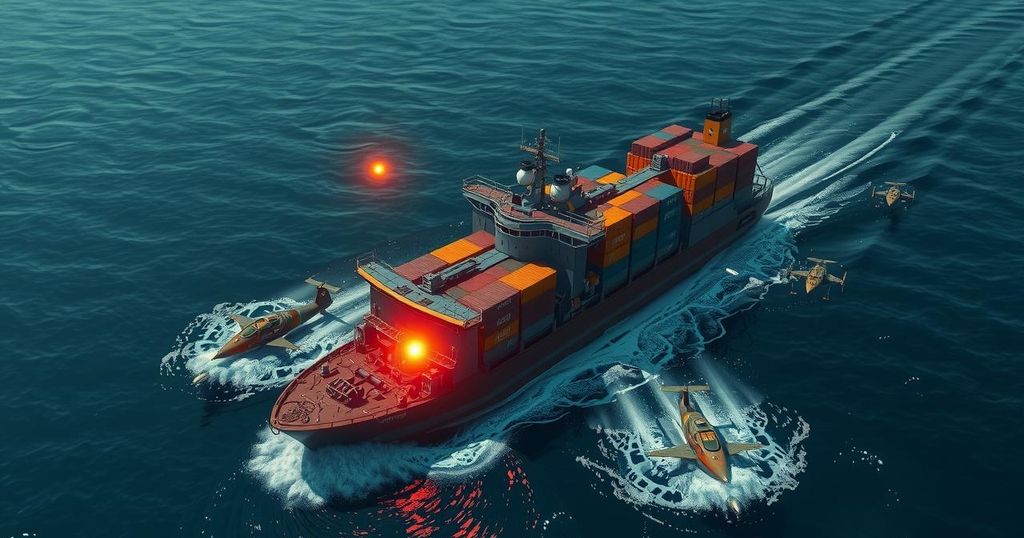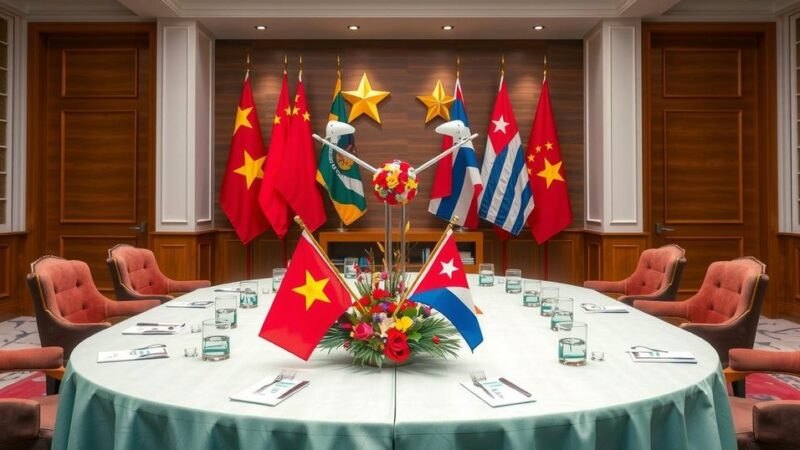- Houthi rebels intensify attacks on ships in the Red Sea.
- Liberian-flagged Eternity C comes under fire amid ongoing assault.
- The rebels previously claimed to sink the Magic Seas in their attacks.
Houthi Rebels Continue Attacks in the Red Sea
The Houthi rebels, based in Yemen, have intensified their campaign in the Red Sea, targeting international shipping routes crucial for global trade. On Tuesday, reports surfaced regarding an ongoing attack by the rebels on a Liberian-flagged cargo vessel, the Eternity C. This incident follows their claims of sinking another ship in the same region, creating an increasingly tense atmosphere as combat threats loom closer than before.
Details Emerge of Ongoing Assault on Cargo Ship
According to the United Kingdom Maritime Trade Operations center, the Eternity C was at the mercy of small boats armed with explosives and drones, leading to injuries on board and reports of missing individuals. The ship was en route to the Suez Canal when it was ambushed. The European Union’s anti-piracy operation and a private security firm corroborated details of the attack even though the Houthis have yet to take public responsibility for this particular strike, placing blame instead on the Yemeni exiled government and the EU forces.
International Implications and Regional Tensions
Adding to international concerns, the Houthis recently launched another aggressive strike on the Greek-owned Magic Seas. This previous attack utilized drones and other weaponry, pushing its crew of 22 to abandon ship as it reportedly sank in the Red Sea. The U.S. and Western response to these escalating Houthi actions is crucial, especially amid broader regional tensions linked to the Israel-Hamas conflict and Iran’s nuclear negotiations, as the Houthis have justified their attacks as retaliation against Israel’s operations.
The escalation of attacks by Yemen’s Houthi rebels highlights a precarious situation in the Red Sea, with the potential for increased conflict that could involve international forces. As shipping through this vital corridor continues to be threatened, the implications of such actions extend beyond immediate regional concerns to affect global trade. Keeping a close eye on how this situation evolves will be critical.






